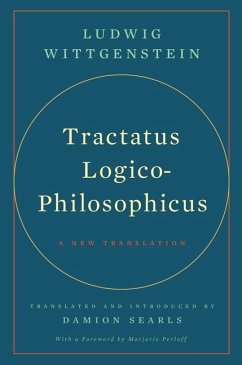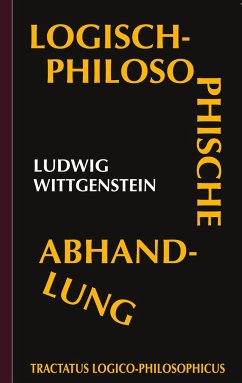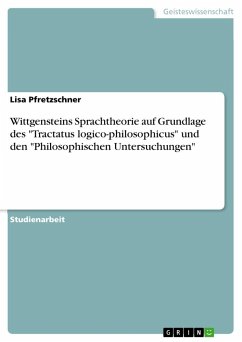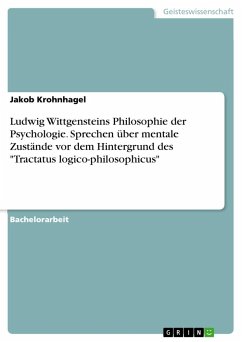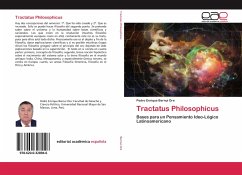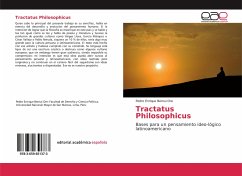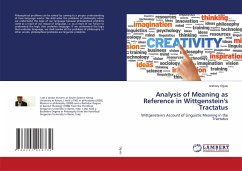"Philosophy", Ludwig Wittgenstein once wrote, "should actually be written only as poetry". That Tractatus Logico-Philosophicus-Wittgenstein's master-work, and the only book he published during his lifetime-endures as the definitive modern text on the limits of logic, inspiring artists and philosophers alike, comes as no surprise. Consisting of 525 hierarchically numbered declarative statements, each one "self-evident", Tractatus Logico-Philosophicus is imbued, as translator Damion Searls writes, with the kind of "cryptic grandeur" and "awe-inspiring opacity" we might expect-might want-from such an iconic philosopher. Yet previous translations, in their eagerness to replicate German phrasing and syntax, have a stilted, even redolently Victorian air. With this new translation and an important introduction on the language of the book, prefaced by eminent scholar Marjorie Perloff, Searls finally does justice to Wittgenstein's enigmatic masterpiece, capturing the fluid and forceful language of the original without sacrificing its philosophical rigour-indeed, making Wittgenstein's philosophy clearer than ever before in English.
"Die Bände der Reihe Klassiker auslegen dürften zu den standardmäßig verwendeten Hilfsmitteln in der Lehre gehören; sie beweisen nicht zuletzt, daß es in der Philosophie nicht wirklich ohne Klassiker geht [...]." Till Kinzel in: Informationsmittel, November 2011 (http://ifb.bsz-bw.de/bsz338879773rez-1.pdf)

